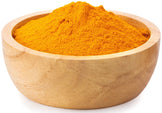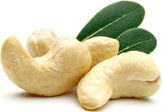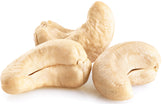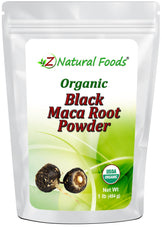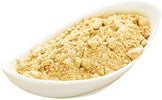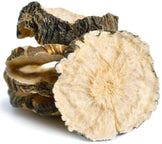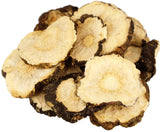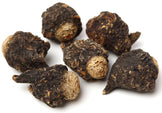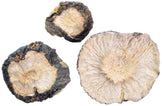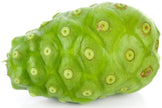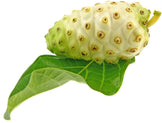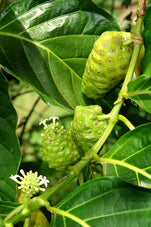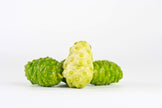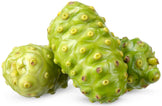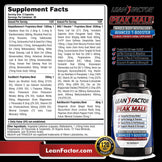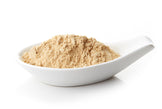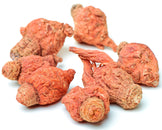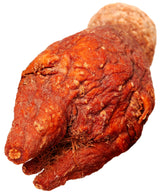Joint & Cartilage

In Western medicine, arthritis is understood as an autoimmune condition involving the inflammation or degeneration of one or more joints, often studied through immunopathology (Firestein et al., "Kelley and Firestein's Textbook of Rheumatology," 2017). Conversely, Traditional Chinese Medicine (TCM) offers a different etiological perspective, emphasizing patterns of disharmony. One prevalent pattern in arthritis cases is the deficiency of kidney yang, which, in TCM theory, is associated with warmth and governs bones, joints, and ligaments (Liu et al., Journal of Ethnopharmacology, 2015). The kidney yang deficiency is considered a crucial factor affecting the skeletal system, often leading to symptoms akin to those in arthritis (Xu et al., Evidence-Based Complementary and Alternative Medicine, 2013). Both paradigms, while divergent, contribute to the multi-dimensional understanding of arthritis.

Categorieswhen you select any items page will be refresh and focus will be move out of the page
Health Concerns
Turmeric Root Powder - Organic
Turmeric, a member of the ginger family, is native to India and one of humankind's oldest spices. It has been used for centurie...
Current price$10.99
Cashews - Organic, Whole, Raw
Native to Brazil, this fiber-rich, high-protein, fatty nourishing nut that was once eaten only by the wealthy is now considered...
Current price$24.99
Maca Root Powder (Black) - Organic Raw
Black maca powder is derived from the root of the maca plant, which is native to the high Andes Mountains of Peru. It is one o...
Current price$13.99
Noni Fruit Powder - Organic
Noni fruit is believed to have originated in Southeast Asia and has been used for centuries by the aboriginal people of the reg...
Current price$16.99
Alfalfa Leaf Powder - Organic
Organic Alfalfa Leaf Powder, taxonomically identified as Medicago sativa, is a phytonutrient-rich botanical with an extensive h...
Current price$14.99
Mangosteen Fruit Powder - Organic
Mangosteen is a tropical fruit native to Southeast Asia known for its sweet and tangy flesh. It has been used for its medicina...
Current price$32.99
Strawberry Powder - Freeze Dried
Unless you have been living under a rock for the last 20 years, you have some idea about the highly nourishing qualities of ber...
Current price$39.99
Alfalfa Juice Powder - Organic
Alfalfa juice powder is derived from the alfalfa plant, which has a long history of cultivation and use. The plant is native to...
Current price$34.99
Apple Powder - Organic
October and autumn are a magical time of year. In many places, it is a time for festivals and the beautiful changing of the lea...
Current price$21.99
Tart Cherry Powder - Freeze Dried
Freeze-dried Tart Cherry powder comes from Organic sour cherries, a Prunus species native to Europe and North America. The smal...
Current price$59.99
Peak Male - Ultimate Men's Health For...
PEAK MALE®: An Advanced, Natural T-Booster & Men's Health Formula Incorporating a potent blend of adaptogenic herbs, vitami...
Current price$69.99
Maca Root Powder (Red) - Organic Raw
Red maca powder is derived from a root vegetable native to the Peruvian Andes and has been used medicinally for centuries. It ...
Current price$13.99
Feel Better. Look Better. Be Better.
Get on the list for actionable Health & Nutrition advice every week.









